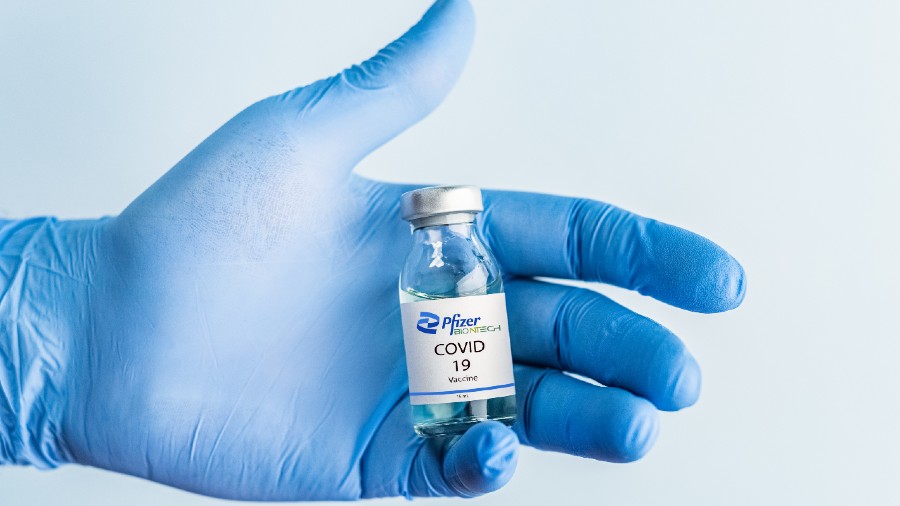The Food and Drug Administration on Monday authorised use of the Pfizer-BioNTech Covid-19 vaccine for 12- to 15-year-olds in the US, a crucial step in the nation’s steady recovery from the pandemic and a boon to millions of American families eager for a return to normalcy.
The authorisation caps weeks of anticipation among parents, who have been grappling with how to conduct their lives when only the adults in a household are immunised.
It removes an obstacle to school reopenings by reducing the threat of transmission in classrooms, and affords more of the nearly 17 million children in this age group opportunities to attend summer camps and sleepovers.
“This is great news,” said Dr Kristin Oliver, a pediatrician and vaccine expert at Mount Sinai Hospital in New York. “It feels like we’ve been waiting a long time to start protecting children in this age group.” The Pfizer-BioNTech vaccine is already available to anyone over 16.
The FDA’s go-ahead is not the final hurdle. An advisory committee of the Centers for Disease Control and Prevention is expected to meet shortly to review the data and make recommendations for the vaccine’s use in 12- to 15-year-olds.
If the committee endorses the vaccine for that age group, as expected, immunisations in theory can begin immediately. Clinical trials have shown that these children may safely receive the dose already available for adults.
President Biden has said that about 20,000 pharmacies are ready to administer the vaccine to adolescents, and health officials in some states are already drawing up immunisation campaigns targeted to youngsters.
In a clinical trial, Pfizer and BioNTech enrolled 2,260 participants ages 12 and 15 and gave them either two doses of the vaccine or a placebo three weeks apart. The researchers recorded 18 cases of symptomatic coronavirus infection in the placebo group, and none among the children who received the vaccine, indicating that it was highly effective at preventing symptomatic illness.
The vaccine also appeared to be safe for these children, with side effects comparable to those seen in trial participants who are 16 to 25 years old. Fevers were slightly more common among inoculated
12- to 15-year-olds; about 20 per cent of them had fevers, compared with 17 per cent in the older age group.
The trend toward more fevers at younger ages was consistent with observations in an earlier trial, said Dr Bill Gruber, a senior vice president at Pfizer and a pediatrician.
The trial results were a “trifecta” of good news, Dr Gruber added: “We have safety, we got the immune response we wanted — it was actually better than what we saw in the 16- to 25-year-old population — and we had outright demonstration of efficacy.”
The company is still gathering information on potential asymptomatic infections by continuing to test the trial participants for the coronavirus every two weeks and checking them for antibodies produced in response to a natural infection, according to Dr Gruber.
The authorisation arrives at an opportune time. Roughly one-third of eighth graders, usually 13 and 14 years old, are still learning fully remotely, and widespread vaccination may help speed a return to classrooms.
Coronavirus outbreaks have been a concern particularly for students participating in team sports, and immunisations should ease the concerns of many parents whose children have been unable to participate in football, basketball and other team sports involving close contact.
In summer, families often catch up the vaccinations required for children to return to schools in autumn, and so pediatricians and family doctors may be best positioned to immunise young teenagers as they come in for annual physical examinations.
The Pfizer-BioNTech vaccine can be stored for only five days in standard refrigerators, but the companies are planning to ship smaller packs for doctors’ offices. It is also developing a formulation that can be refrigerated for up to 10 weeks.
New York Times News Service











